
We’ve all been there. You’re driving down the road and there’s something not quite right with your vehicle. What’s that sound? Rattling noises are not only annoying, but they could be a little early warning sign that something else is up with your car. What are the most common causes of the rattle, and what does each one mean?
Table of contents:
- Rattles coming from underneath the car
- Rattles coming from underneath the bonnet
- Rattles coming from inside the car
- And finally
Rattles coming from underneath the car
Have you managed to track down the rattling sound’s origin? If it is coming from the underside of your vehicle, it could be down to these common causes:
Catalytic Converter
Are you noticing a rattling sound that gets worse with accelerating? The probable culprit could well be a degrading catalytic converter. Over time the fins inside the part break down and little chunks of metal can bounce around inside the unit creating a ton of noise. Some drivers describe this sound as a metal can, full of rocks, being shaken about. As this part reduces the amount of pollution expelled by your car, it’s worth replacing the part both for the sake of your sanity, and the environment.
Heat shield
The heat shield that surrounds your exhaust system is susceptible to rust, as the part is only made of thin metal. As it detaches, it can create a constant tapping sound that will really begin to get on your nerves. Fortunately, even if the part is damaged, it is relatively inexpensive to replace.
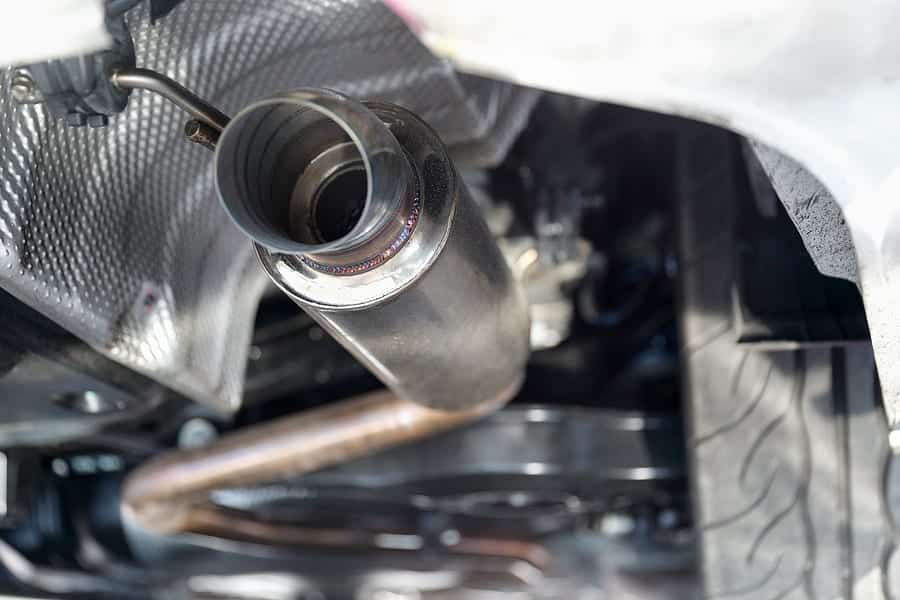
Loose exhaust
As the exhaust system stretches down the entire length of your car, over time the joints that hold it in place can become loose, causing the system to shake and knock against the bodywork. It is entirely possible for the bolts to rust away completely. If you suspect this is the problem, then take your vehicle to an exhaust specialist for a check-up.
Rattles coming from underneath the bonnet
With plenty of moving parts under the bonnet of your car, it’s no surprise that a number of problems in this area of your vehicle can cause issues and rattling sounds:
Oil pressure
Ticking noises coming from your engine, particularly if they become more audible whilst the car is idling, could be indicative of low oil pressure. Left without attention, this issue could cause severe damage to all moving engine parts, as they are deprived of adequate lubrication. More often than not however, this will be down to low oil pressure – usually resulting from poor maintenance rather than a failed pump. Low oil pressure often requires a complete engine rebuild, so avoid this expensive issue with regular oil changes.
Water pump
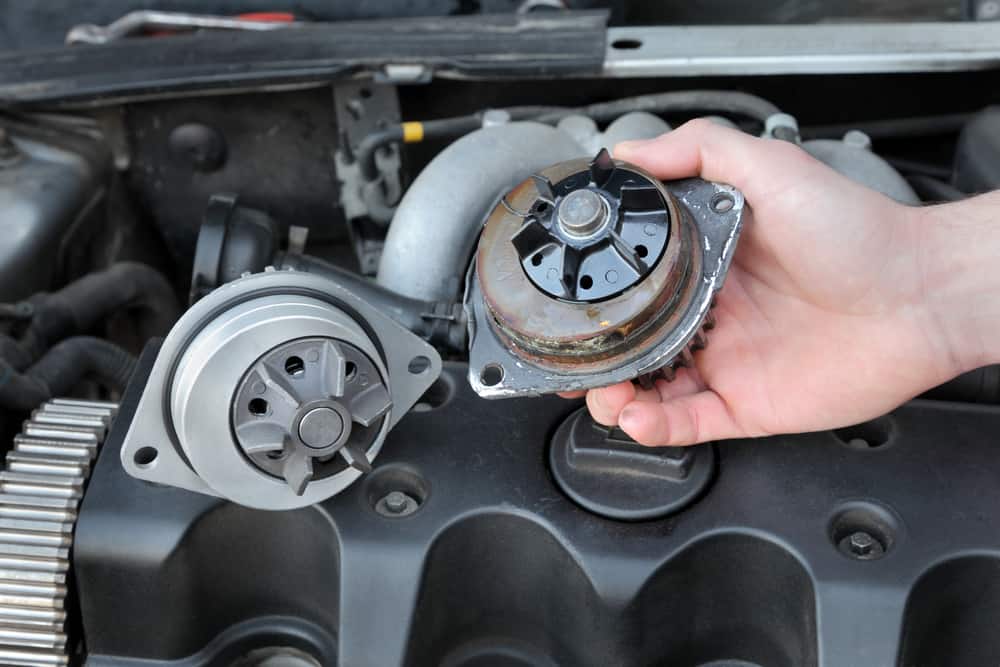
When the water pump’s bearings are failing, it will make a loud rattling sound. This is due to the pressure from the drive belt, causing the bearings to grind together. You should also notice problems with your car’s temperature, as a lack of pressure from the pump will cause your vehicle to overheat.
Rattles coming from inside the car
Fortunately these are the least serious of all the rattling sounds, and are rarely connected to some kind of mechanical fault:
Loose fittings
It should be fairly obvious if a sound is coming from a loose fitting, such as a door panel or a side window pane, that’s not sitting quite correctly within the mechanism. Such complaints are quite common, and can often be fixed with a little look at a car guide. You can also find out which parts are rattling by pushing down on each individual one with the engine running, and finding out if it stops making a noise.
Rogue objects
All kinds of small objects from children’s toys to spare screws can get lost inside the car, and work their way under the seats. Even objects that are placed in the glove box can make a nuisance of themselves. If a small toy or even a boiled sweet has worked its way under the seats, you may need to get the tool kit out to free it from its rattling prison, but the peace of mind will be worth it.
And finally
Noises are an important indicator of underlying problems with your vehicle. Knocks and other sounds can identify early faults within the mechanical workings, allowing you to resolve any issues and replace parts where necessary, as failure in one system can often have knock on effects. Keeping aware behind the wheel is key to avoiding big repair bills.

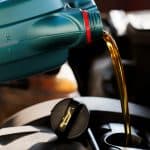








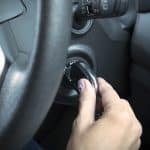
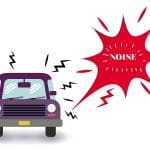
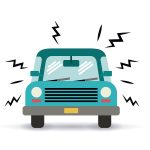
.png)